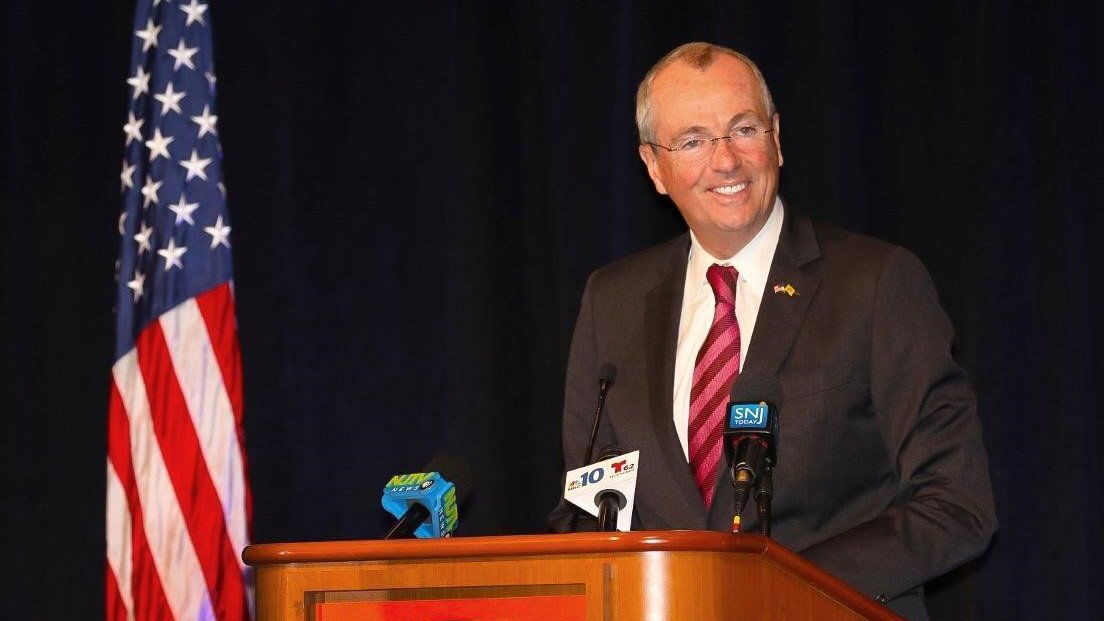Atlantic City casinos collect a record total of $504M+ in taxes and fees during FY 2022-23

According to the latest reports, Atlantic City's casino industry paid over $504 million in taxes and fees during the fiscal year 2022-2023, a record amount that helps fund programs around New Jersey for its most vulnerable residents. Money for the programs is generated from taxing various parts of the casino gaming industry, from total gaming revenue to progressive slots.
More than $436.6 million from the fund was budgeted for Community Care Program Individual Support, according to the 2023-24 state budget. The individual support services program delivers services, including help with household chores. It also provides training to residents of state-licensed residential facilities to assist them with self-care and habilitation-related tasks.
Meanwhile, NJ Transit used more than $38.9 million from the fund for its Senior Citizens and Disabled Residents Transportation Assistance Program, according to state records.
"The Casino Revenue Fund is critical to operating the Senior Citizen and Disabled Resident Transportation Assistance Program," said Jim Smith, spokesperson for NJ Transit, as The Press of Atlantic City reported. "This program allows for county coordinated transportation that provides transportation to senior citizens and people with disabilities and acts as a lifeline to necessities such as non-emergency medical trips, shopping, and nutrition."
Over the past decade, the increase in casino gaming in the region has had a dramatic impact on the amount in the fund. Casino tax revenue dropped to $214.6 million in 2013 as the casino market in the city started to crate. The economic downturn of that period contributed to four casinos closing in 2014, including the Atlantic Club, Showboat, Revel, and Trump Plaza. A fifth casino, the Trump Taj Mahal, closed down in 2016. The fund hit rock bottom in 2015 when it generated $205.9 million in revenue, the lowest amount since 1987, according to state records.



















































